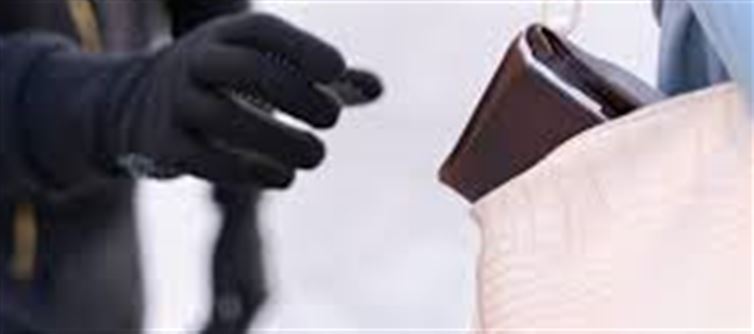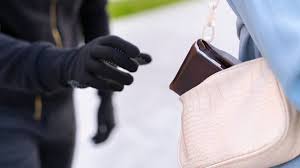
Traveling to popular tourist destinations can be an exciting adventure, but it also comes with certain risks, especially in areas known for theft. To ensure a safe and enjoyable trip, here are five essential tips to help you protect yourself and your belongings.
1. Stay Aware of Your Surroundings:
Vigilance is key when visiting crowded tourist spots. Pay attention to the people around you and be mindful of any suspicious behavior. Avoid distractions from your phone or camera in crowded areas, as these can make you an easy target.
2. Use Anti-Theft Gear:
Invest in anti-theft bags and accessories designed to deter pickpockets. Look for features like lockable zippers, cut-resistant straps, and RFID-blocking compartments for your cards. These items can provide an added layer of security for your valuables.
3. Keep Important Items Secure:
Always keep your important belongings, such as passports, money, and credit cards, in a secure location. Consider using a money belt or a hidden pouch worn under your clothing. Avoid carrying everything in one place; instead, spread out your valuables across different bags.
4. Blend in with Locals:
Dressing like a local can help you avoid drawing attention to yourself as a tourist. Research the local culture and fashion beforehand to ensure you don’t stand out. When you look less like a tourist, you may be less likely to attract unwanted attention.
5. Plan Your Routes Carefully:
Before heading out, familiarize yourself with the area and identify safe routes to your destinations. Avoid poorly lit or isolated streets, and try to travel during busier times. If possible, travel with a companion, as there is safety in numbers.
By following these tips, you can enhance your safety and enjoy your travels with peace of mind, minimizing the risks associated with theft in tourist-heavy areas. Safe travels!
Disclaimer: This content has been sourced and edited from Indiaherald. While we have made adjustments for clarity and presentation, the unique content material belongs to its respective authors and internet site. We do not claim possession of the content material.





 click and follow Indiaherald WhatsApp channel
click and follow Indiaherald WhatsApp channel